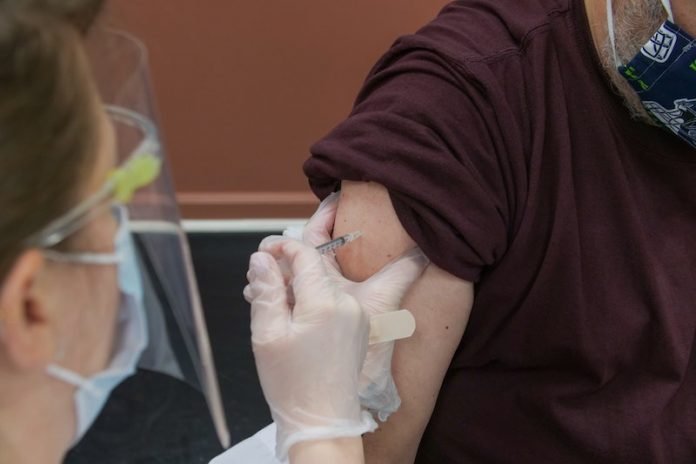
In a new study from the University of Georgia, researchers found if you got the COVID-19 shots back in early spring, your antibodies are likely waning. But it’s not something you need to be worried about.
They say overall, antibody levels are decreasing, but their ability to protect against infection isn’t. The quality is still there even if the total quantity has gone down.
In the study, the team found that vaccination results in a much more robust immune response than seen in people who contracted the coronavirus naturally.
Vaccinated participants showed higher levels of neutralizing antibodies, which serve as lookouts for viruses and alert the body’s immune system when it’s been infected.
These individuals’ antibodies were also more effective at binding with the virus, which prevents it from latching onto and infecting cells.
Additionally, the study showed that for most people who were infected with the virus, a single shot of the Moderna or Pfizer vaccine was enough to make them fully immune to the coronavirus.
Some may require both shots to be fully protected, though, and there’s currently no way to tell who does or doesn’t. So,
The team recommends that everyone—even those who’ve had COVID-19—receive the second shot.
The research is part of a large-scale, multi-year surveillance program with more than 3,100 participants, ranging from 18 to 90 years old.
They give blood and saliva samples each month so the researchers can track their immune response to vaccination or natural infection.
The team says the takeaway is that even if you have waning antibodies, the quality of those antibodies still protect you against severe disease and hospitalization.
The CDC recently recommended booster shots for older adults, those with underlying medical conditions and people who work or live in high-risk settings if they received the Moderna or Pfizer vaccine series six or more months ago.
The agency also encourages a booster for everyone who received the one-shot Johnson & Johnson/Janssen COVID-19 vaccine.
The study is published in Frontiers in Immunology’s Vaccines and Molecular Therapeutics. One author of the study is Ted Ross.
Copyright © 2021 Knowridge Science Report. All rights reserved.



